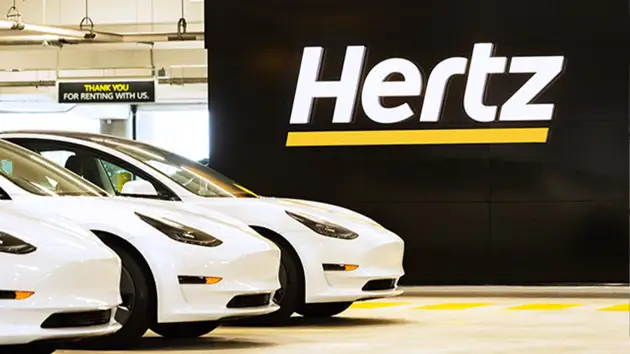Hertz, an American car rental company based in Florida recently discovered that electric vehicles are easier and cheaper to maintain and hence increased the usage of electric vehicles. Hertz found that it is almost 50-60% cheaper to maintain electric vehicles than gasoline-powered vehicles.

Hertz found that in electric vehicles there are fewer running and moving parts as compared to gas-running vehicles which mean fewer failure areas on parts that can make up for costly replacements. And even then, the failure percentage of these parts is significantly low.
It is true that the initial costs for electric vehicles surpass gas-powered vehicles by a huge margin, but they cover up for it in the long run as the electric vehicle market is growing rapidly and this price difference will likely shrink in the coming years when manufacturers and producing affordable batteries and models. The biggest win for electric vehicles is avoiding the expensive trips to gas stations which are only expected to get even more expensive in near future.
Hertz CEO Stephen Scherr saw through all this and is already seeing a 12% increase in their annual profits. The company has also confirmed a deal with GM for 175,000 electric vehicles.

Their revenue increase is a result of the rise of demand for rentals to 70% and the maintenance price cut of using electric vehicles. “We focused on operational excellence and fleet optimization to produce financial results that facilitated investment in our strategic priorities, like electrification, while enhancing returns to our shareholders and being in the service of our customers,” Scherr said in the earnings call.
This deal with GM of 175,000 electric vehicles is a follow-up of their earlier deal with 100,000 model 3s from Tesla. Hertz, earlier this year also joined hands with Polestar to buy 65,000 electric vehicles.

Many companies could follow the example of Hertz as this is not only beneficial as far as earning revenue is concerned but is also great for the planet as we greatly reduce the carbon emissions produced by gas-powered cars.


